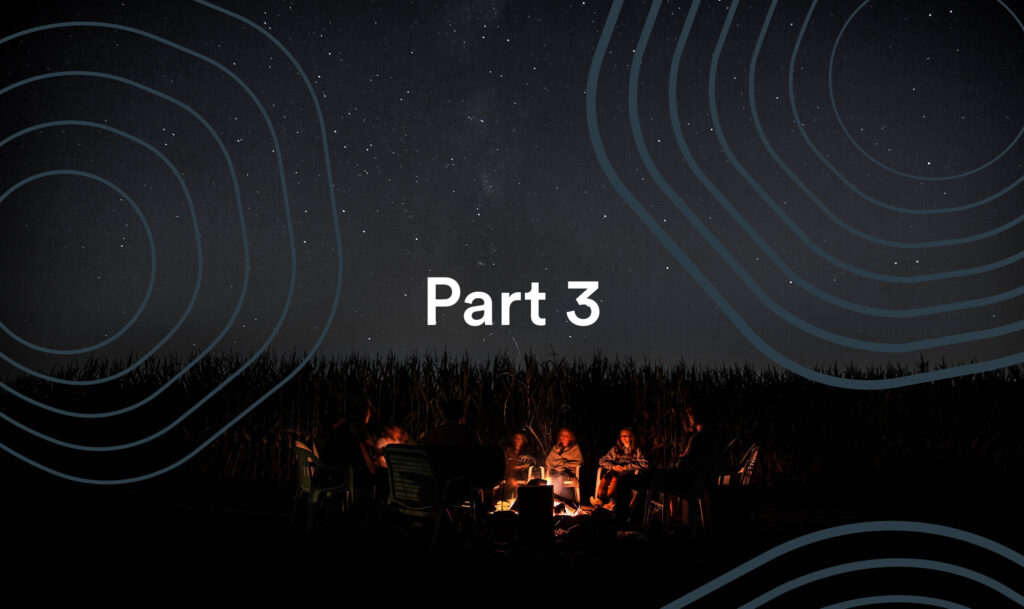We are looking for people to join us in developing a new communications manifesto for a polarised world.
What is polarisation?
Polarisation can have positive effects – making us care about issues and take action. Brands can use it to provoke debate, like Ben & Jerry’s ‘Refugee rights’ campaign, which forced audiences to consider where they stand on the question of how we should treat people making their way to our shores.
But polarisation can be dangerous. Polarised groups are more susceptible to fake news, less sympathetic to the ‘out group’ and, in extremis, more willing to cause harm to others. If you believe the other side is evil, then it’s easier to justify almost anything to stop them – even storming Capitol Hill.
Communications often polarises people. More and more campaigns involve ‘taking a stand’ on an issue
Communications often polarises people. More and more campaigns involve ‘taking a stand’ on an issue. This approach drives headlines and engagement – and it can change the world for the better.
Polarisation is what happens when people strongly disagree about something. It might start with healthy debate, but it can soon turn into something worse. Group identity leads to negative stereotyping about “the other side”. Eventually, we see ourselves as the good guys – and everyone else as the bad guys.
But when you stand ‘for’ something, you inevitably stand ‘against’ something – or someone. That can have unforeseen consequences. Those on the other side of the debate can harden their hearts, retreat to their echo-chambers – in, some cases, they can lash out.
You can see polarisation’s effects all around us, from the breakdown of trust between the UK and EU to furious debates about the Royal Family’s treatment of Meghan and Harry.
As the world gets more polarised, it’s time to think carefully about the consequences of our actions. After all, our industry’s darkest hour – the collapse of Bell Pottinger – was due to the abuse of the power of polarisation.
We don’t want to shut down debate
It is essential that we disagree with each other. A well-functioning society thrives on debate, and well-managed conflict is an engine for growth.
We should do bold, purposeful and provocative work, but must be careful not to make things worse.
For example, when Paddy Power campaigned against homophobia during the Russian World Cup, its biggest concern was to avoid inciting violence against the very people whose rights it was promoting.
A collaborative approach
As rival agency leaders, we believe the industry should work together to explore the ethics of polarisation and develop simple principles to inform where to draw the line.
There are three questions we think need answers:
1. What’s the difference between stoking healthy debate and feeding division?
2. What do we do in the name of making things better that actually makes things worse?
3. What are the principles that will keep communicators on the right side of the line and promote genuine understanding?
As a society, we face huge challenges, from mobilising action in the fight against climate change to reimagining our food system and building a more inclusive culture. A practical framework would help us harness communication’s power for good, without stifling creativity.
If you’re interested in joining the discussion, we’d like to hear from you.
Image credit: Anthony Intraversato on Unsplash.





